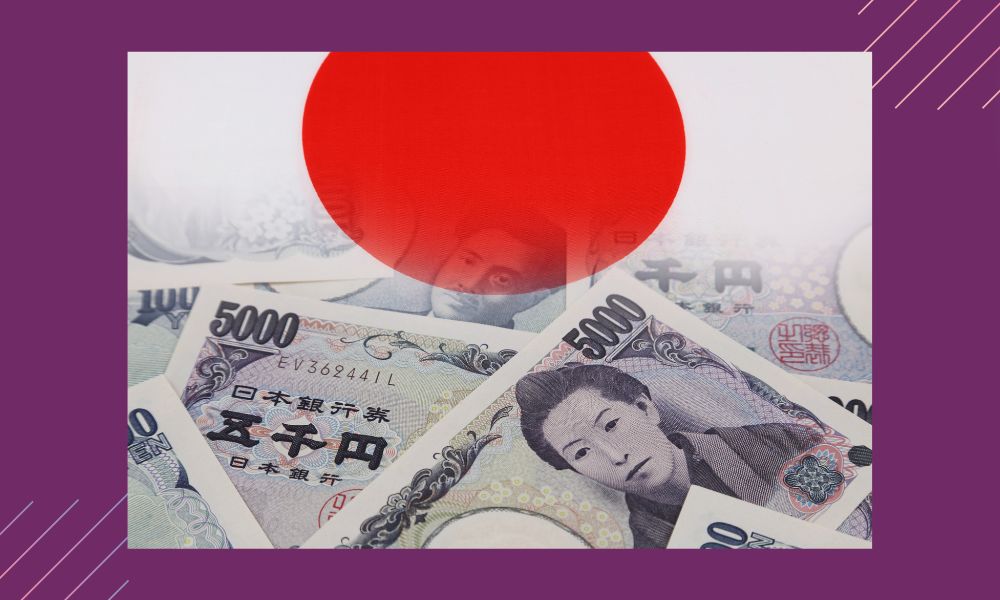This is a transcript of the podcast episode of the FT News Briefing: 'Bank of Japan stuns markets'
Smith, Jessica
The Financial Times says good morning. Today is December 21st, a Wednesday. The FT News Briefing is over.
The central bank of Japan finally gave in, and the markets shook. Some FTX customers are trying to get to the front of the line so they can get their money back first. And Tom Wilson of the Financial Times looks back on an eventful year in the energy markets.
Wilson, Tom
I mean, that part of the book would really be called "Russia," wouldn't it?
Smith, Jessica
I'm Jess Smith, filling in for Marc Filippino. Here's the news you need to start your day.
The Bank of Japan's sudden change in monetary policy sent shock waves through the markets. Japan's central bankers had a very loose policy for a long time, and they wouldn't raise interest rates with other central banks. But yesterday, BOJ officials, led by Governor Haruhiko Kuroda, said that 10-year bond yields will now be able to change by 0.50% instead of 0.25%. Jennifer Hughes of the FT says that Japan's move added to the hawkish message that markets have been getting.
Jennifer Hughes
It's like the most powerful central bankers in the world were competing to see who could "hold my beer" the longest. Jerome Powell from the Fed said last Wednesday that we still have a long way to go before prices are stable again. The next day, Christine Lagarde from the European Central Bank (ECB) had her "hold my beer" moment, and she was even more hawkish. And now we have Kuroda, who has stuck to this policy of extreme easing. He was the only one who wouldn't change. He has now also come to the party.
Smith, Jessica
Jen, did the markets respond to what the Bank of Japan did or to what people think it means for the future of monetary policy?
Jennifer Hughes
It's both and neither. I don't think we should expect the BOJ to throw out their current rules and join the Fed and the ECB in raising interest rates any time soon. The governor is Haruhiko Kuroda, who will leave his job next year. He has been very clear that inflation is only temporary. Earlier this year, when the government stepped into the currency markets to help the yen, it spent a lot of money. So, now that we've seen this change that we didn't expect, it's likely that the next governor of the Bank of Japan will change policy in a bigger way, which will have huge effects on the Japanese markets.
Smith, Jessica
Jennifer Hughes is in charge of the US markets at the FT.
Sam Bankman-
Fried has signed papers for extradition, and he is expected to come back from the Bahamas to the US. The former head of FTX, a cryptocurrency exchange that went out of business, is being charged with fraud. Several lawsuits have been filed against his old company. A group of FTX customers with a total of $1.6 billion stuck in the bankrupt company has filed the latest lawsuit. They want their money returned as soon as possible. Here is Josh Oliver from the FT.
Joshua Oliver
So, when this legal action is taken, what's important is that it's really about the customers' assets and whether a big chunk of the money at stake in this bankruptcy will be set aside and given back to customers as soon as possible. The question is, does the now-bankrupt company FTX own these assets, or do they still legally belong to the customers because they were the customers' assets all along and FTX was just holding them? And that changes what assets FTX and all of its related companies still own and can give to their other creditors.
Smith, Jessica
How do you think the fall of FTX will affect the cryptocurrency industry as a whole?





No comments:
Post a Comment